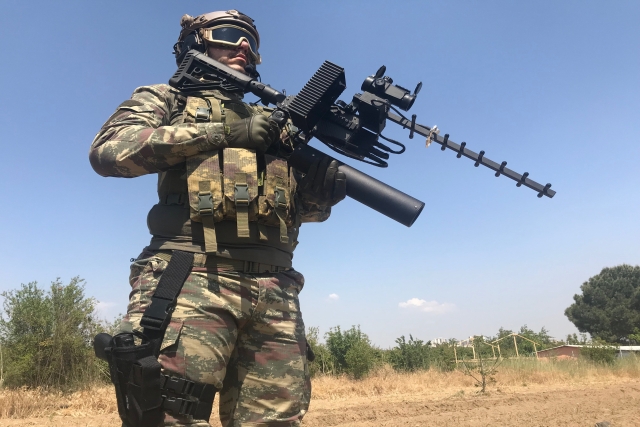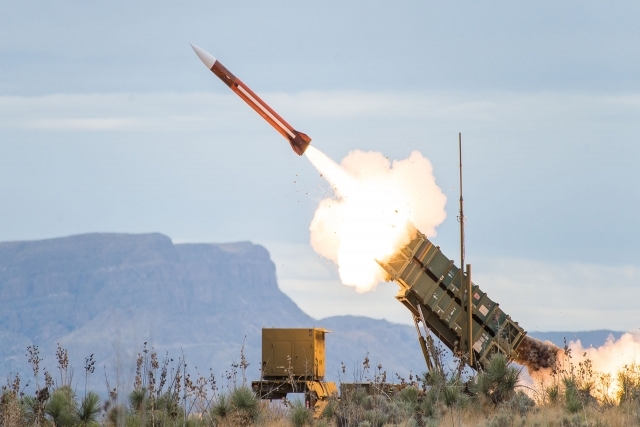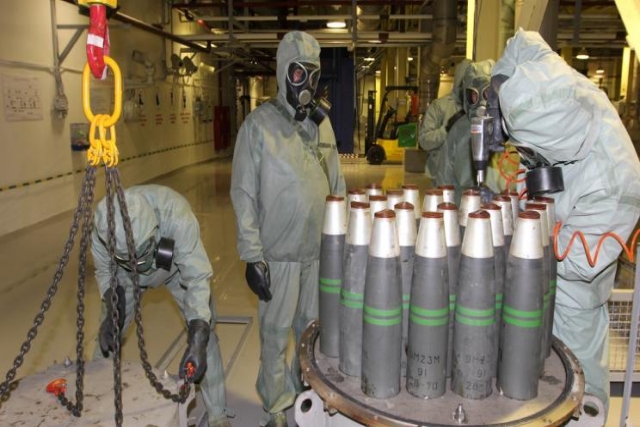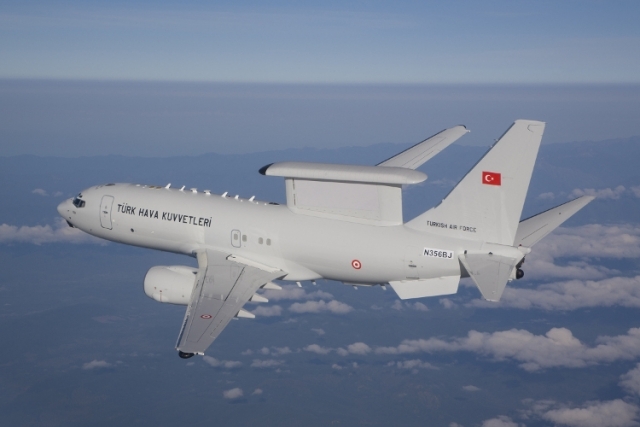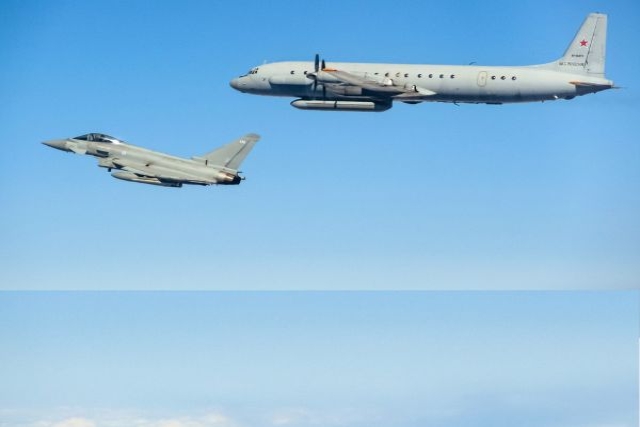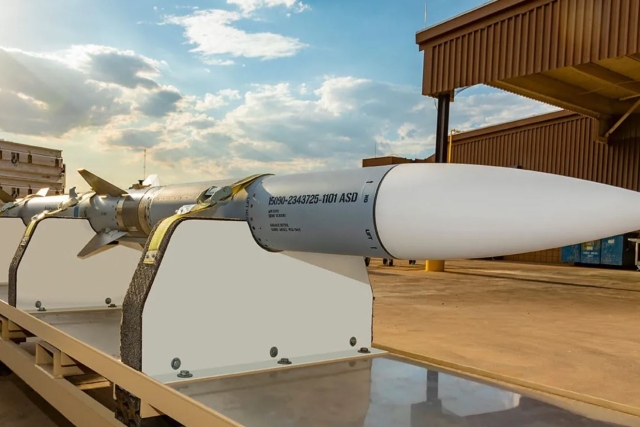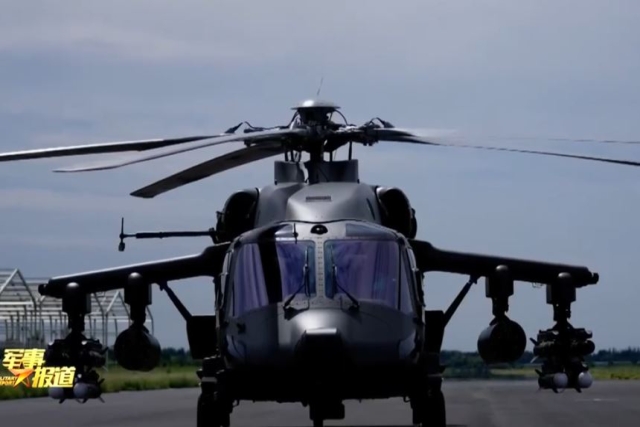F-35 Deal Cancellation, Local Defense Projects Halve Turkish Arms Imports
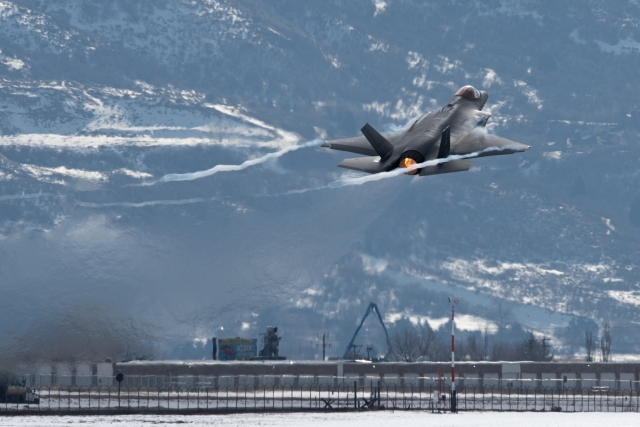
Turkish arms imports between 2015-19 fell nearly by half after the multi-billion dollar deal for F-35 jets was axed over S-400 row, and increasing investment in indigenous projects including fighters and drones.
Latest data released by Stockholm International Peace Research Institute (SIPRI) shows that weapons transfer to Turkey dropped by 48%. “In 2015–19 Turkish arms imports were 48% lower than in the previous five-year period, even though its military was fighting Kurdish rebels and was involved in the conflicts in Libya and Syria,” the SIPRI report said.
After Russia delivered S-400 air defense systems that came with a price tag of $2.5 billion to Turkey, the United States booted Ankara from its F-35 program owing to “security concerns.” Subsequently, Washington denied to sell its most advanced fighter jet to Turkey, the F-35. Turkey was to buy 100 fighters at roughly $100 million apiece. This deal alone brought down Turkish imports by $10 billion.
Ankara has also shifted focus on indigenous arms development in the past few years, reducing dependency on other states. This can be observed in its increasing use of locally made combat drones- Bayraktar TB2 and Anka S, in Syria, over the last couple of months.
In its recent Operation Spring Shield in Syria’s Idlib province, Turkey claims to have destroyed 8 Russian-made Syrian Pantsir anti-aircraft systems using its drones. Turkey has also reportedly transferred some of these drones to Libyan Government of National Accord (GNA) in 2019.
"The Turks have been developing their own drone program for almost a decade now and Idlib highlights how successful they have been," a NATO military official told US-based Insider on March 10.
"By domestically producing them with commercially available technology, they managed to build a very large and effective fleet far more cheaply than purchasing them from the US or other allies,” the official added.
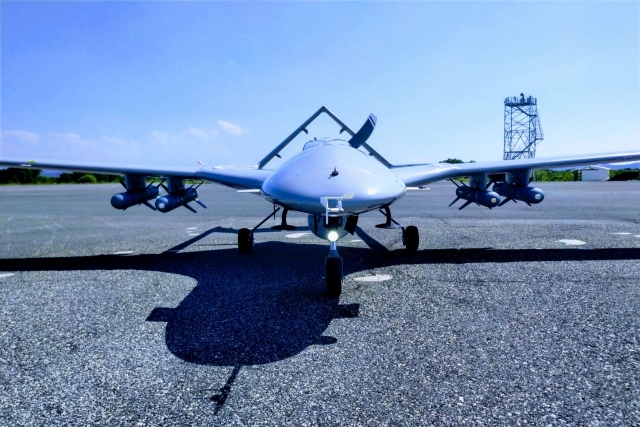
The NATO official also noted that US restriction on arms sales “helped” Turkey’s development of drone technology. "By 2007 the Turkish military was tired of limitations on what it could buy from the Americans. Disappointed by the poor performance of Israeli drones on the market, it began to develop their own program," he explained.
“The decrease was partly due to production delays in submarines from Germany, originally planned for delivery in 2015–19. In the past, Turkey imported most of its warships and armoured vehicles, but in 2015–19 it mainly procured these arms from its own industry,” the SIPRI report said.
Turkey has also accelerated work on its project to develop a stealthy fifth-generation TF-X National Combat Aircraft (MMU), ATAK helicopter, missiles such as Bozdogan and Gokdogan, MILGEM indigenous frigates, modernization of tanks, and other new drones (Akinci and Aksungur).
In addition, several European states including France and Germany restricted their arms sales following “Operation Peace Spring” targeting Kurdish groups in Syria in October 2019, further pushing down its imports. Following this, the US also threatened sanctions against countries planning to trade weapons with Ankara.

